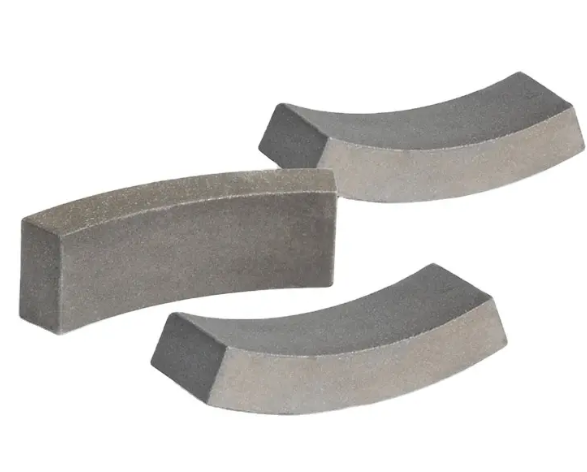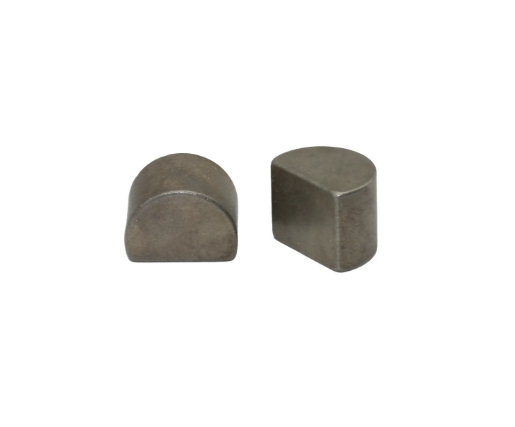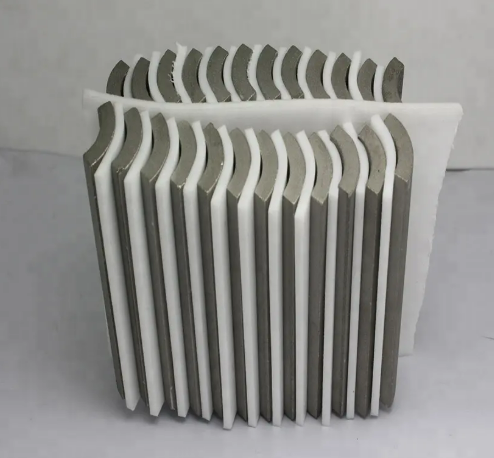Typically, Samarium Cobalt magnets used in Medical applications will be parylene coating in addition to being clad in an application-appropriate material.
Uncoated: Due to their inherent corrosion resistance, SmCo magnets can be used without any coating in many applications. This is particularly beneficial in clean or controlled environments where exposure to harsh conditions is minimal.
Nickel (Ni) Plating: Nickel plating is a common coating for many types of magnets, including SmCo, to provide additional protection against corrosion, particularly in moist environments. It also gives the magnet a shiny, metallic appearance. The Ni coating is typically applied using an electroplating process.
Epoxy Coating: Epoxy coatings are used when the magnets need to be insulated electrically or require extra protection in highly corrosive environments, such as marine or chemical processing applications. Epoxy provides a thicker protective layer compared to nickel plating and can be applied in different colors.
Zinc (Zn) Plating: Zinc is another option for protecting SmCo magnets, offering good corrosion resistance with a more cost-effective process than nickel plating. Zinc plating also provides a sacrificial layer, which corrodes instead of the magnet when exposed to certain environments.
Gold (Au) Plating: Gold plating is used in special applications where very high corrosion resistance is needed or in electrical applications requiring low contact resistance. This type of coating is more expensive and is typically used in small quantities for specific high-end applications.
Tin (Sn) Plating: Tin plating is occasionally used for SmCo magnets to provide a solderable surface, which is beneficial in electronic applications where the magnet needs to be directly soldered onto circuits.



The choice of coating for SmCo magnets depends on several factors:
Environmental Conditions: Humidity, exposure to chemicals, and temperature can influence the type of coating needed.
Application Requirements: Electrical insulation, aesthetic appearance, and contact with other materials may dictate the choice of coating.
Cost Considerations: Some coatings, like gold, are more expensive and might only be justified for specific applications.
While SmCo magnets are less likely to corrode than other magnet types, the right coating can enhance their performance and longevity in challenging environments. When selecting a coating, it's important to consider the specific application requirements and environmental conditions the magnet will face.
Stanford Magnets offers a comprehensive selection of SmCo magnets, available in a variety of shapes including block, disc, cylinder, pot, and ring. Our SmCo magnets are offered in both Grade 2:17 and 1:5, providing excellent magnetic strength and high thermal stability. Whether for standard or custom applications, SmCo magnets from Stanford Magnets deliver reliable performance in demanding environments.
Send us an Inquiry now to find out more Information and the latest prices, thanks!
United States
Drop files here or